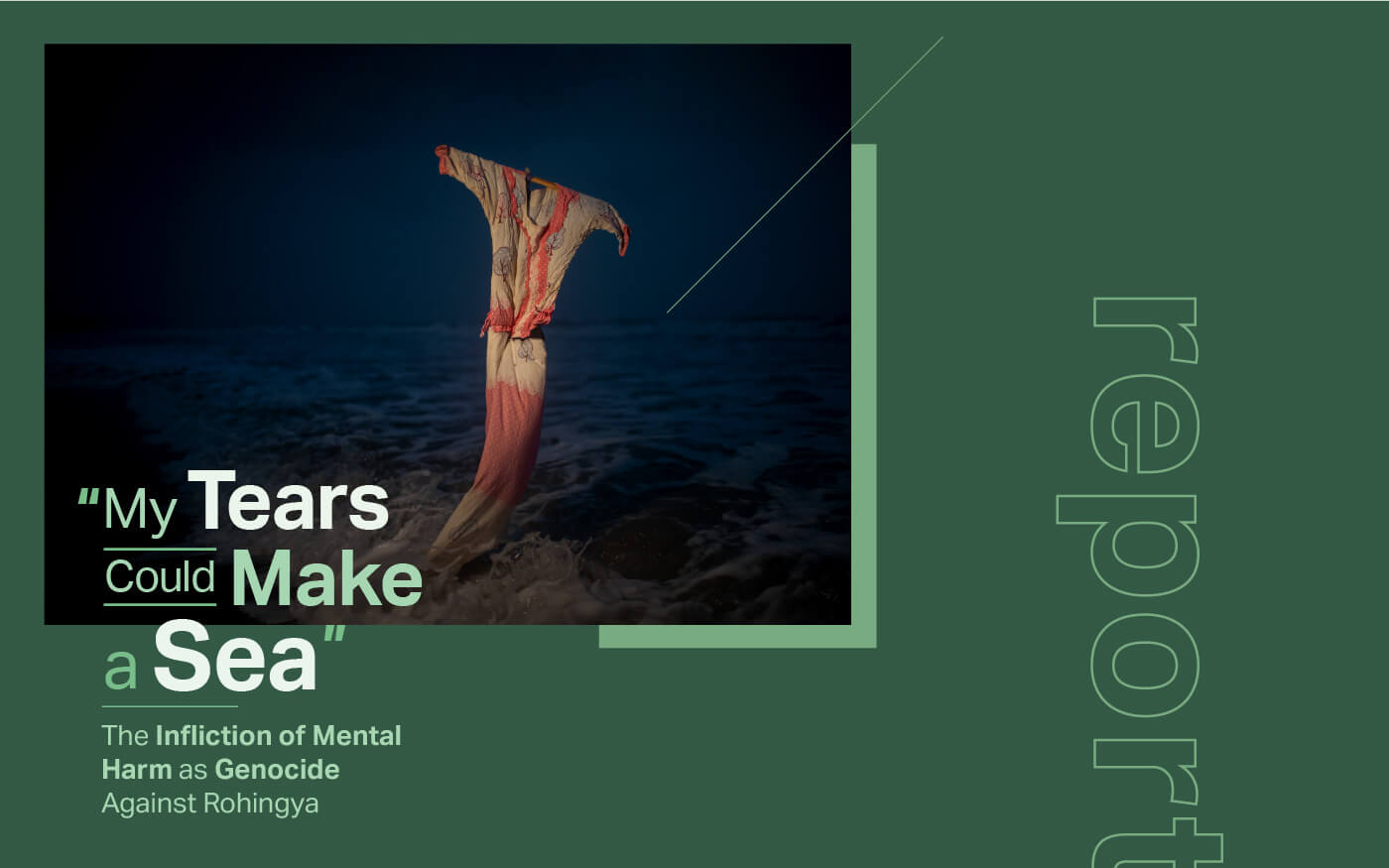“My Tears Could Make A Sea”: The Infliction of Mental Harm as Genocide Against Rohingya


The popular imagination associates genocide with mass killing. But the Genocide Convention lists four other prohibited genocidal acts, including “causing serious bodily or mental harm.” International tribunals prosecuting genocide have focused more on serious bodily harm and have found serious mental harm difficult to define precisely. This study, “My Tears Could Make a Sea”: The Infliction of Mental Harm as Genocide Against Rohingya by Fortify Rights and the Lowenstein International Human Rights Clinic at Yale Law School, draws on quantitative data, eyewitness and survivor testimonies, and tools of social science to assess how inflicting mental harm can destroy a group of people in whole or in part. More specifically, by applying the law of genocide to this account of mental harm, it addresses an urgent question: Is the Myanmar military responsible for inflicting serious mental harm on the Rohingya people as an act of genocide to destroy them as a group?
“My Tears Could Make a Sea” will help governments, prosecutors, investigators, scholars, human rights groups, and aid workers better understand, and act against, mental harm as genocide generally and against Rohingya people. It includes more than 35 recommendations to relevant parties, including the Myanmar military junta, the National Unity Government of Myanmar, U.N. member states, the International Criminal Court, and humanitarian organizations providing aid to Rohingya genocide survivors.
Announcements
28 February 2025
Asian NGO Network on National Human Rights Institutions , CSO Working Group on Independent National Human Rights Institution (Burma/Myanmar)
Open letter: Removal of the membership of the dis-accredited Myanmar National Human Rights Commission from the Southeast Asia National Human Rights Institution Forum

Progressive Voice is a participatory rights-based policy research and advocacy organization rooted in civil society, that maintains strong networks and relationships with grassroots organizations and community-based organizations throughout Myanmar. It acts as a bridge to the international community and international policymakers by amplifying voices from the ground, and advocating for a rights-based policy narrative.